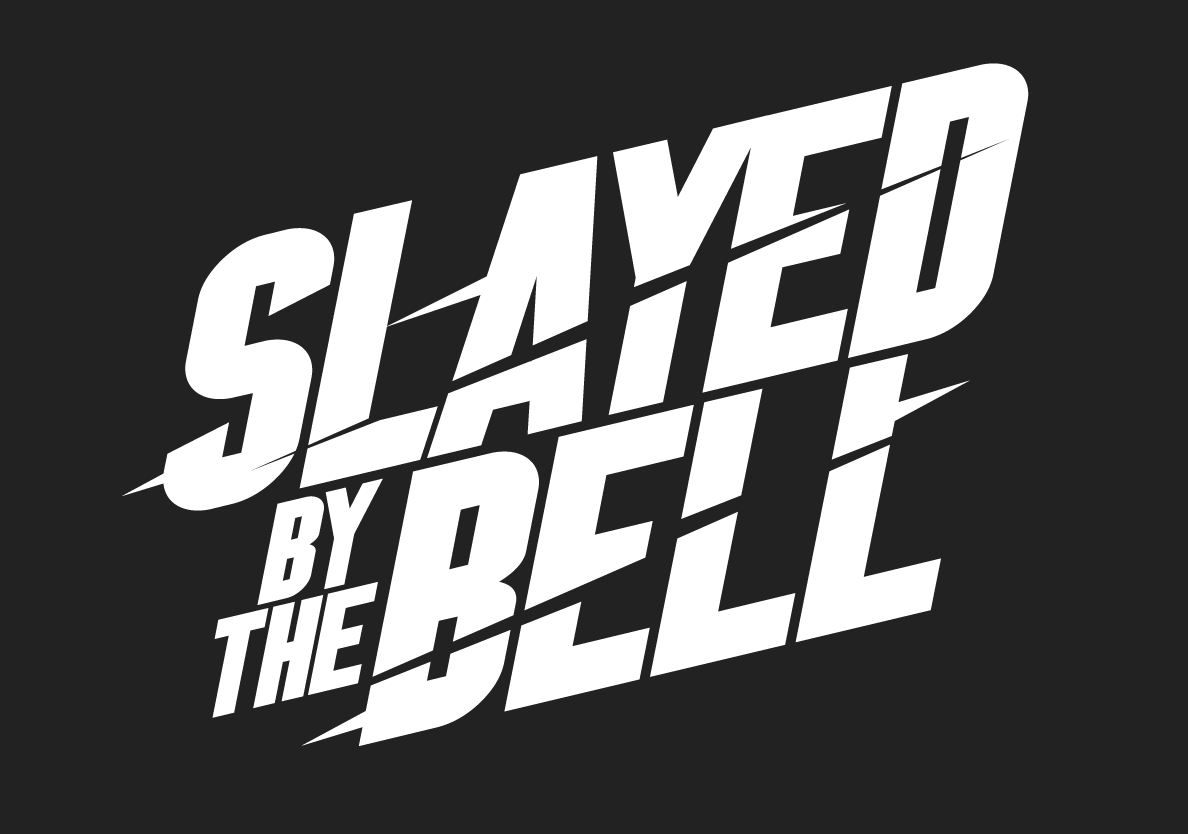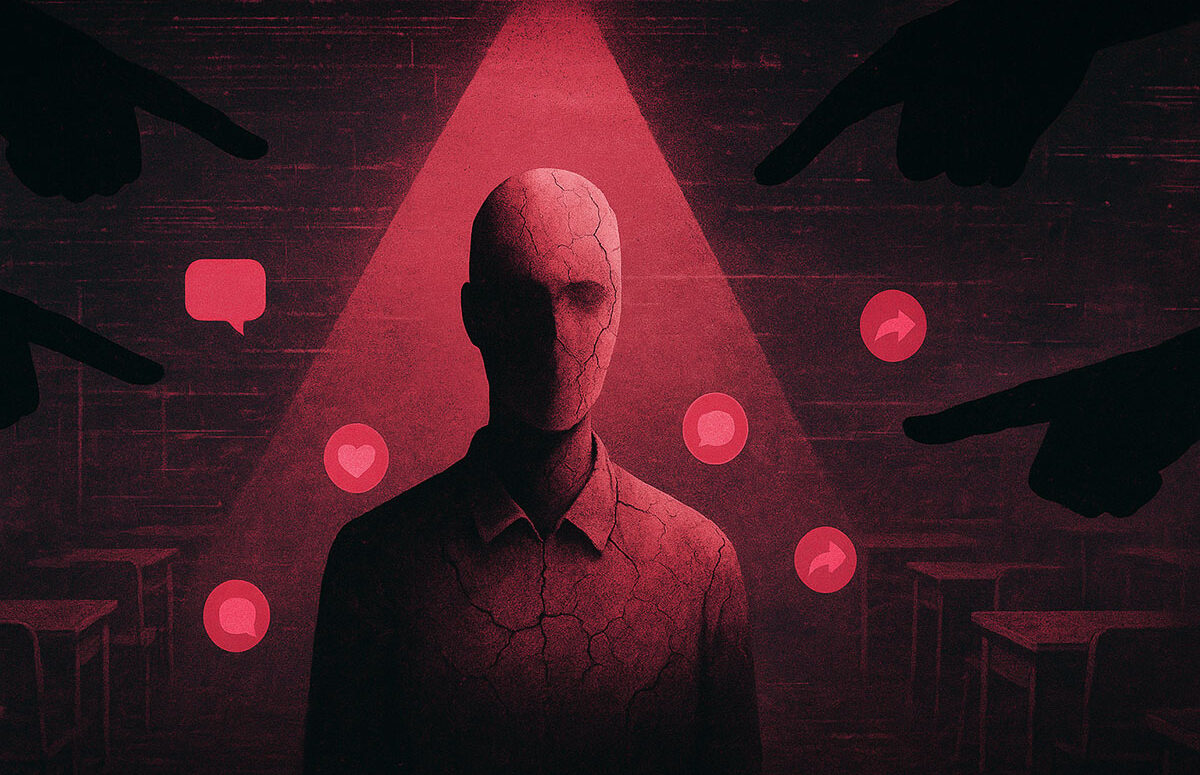Everyone points fingers, especially at teachers. Meanwhile, kids (and now adults) learn that nothing is ever their fault.
Education is drowning in blame. When grades drop, teachers are blamed. When behaviour spirals, it’s pinned on staff. If there’s a mental-health crisis, guess who takes the hit. Kids watch this circus unfold and learn the one skill that seems to matter: deflect, deny, repeat.
Problem
Blame is the new currency. SLT blame staff. Parents blame schools. Politicians blame unions. The media blames “woke” teachers. And all the while, kids are absorbing a very clear message: if you fuck up, just find someone else to carry it.
Nancy Kislin’s Psychology Today article nails it—today’s culture trains kids to avoid accountability at all costs. They’re learning that emotional discomfort is oppression, consequences are abuse, and victimhood is a kind of social capital. Instead of helping children grow through failure, we’re building an ecosystem that rewards denial and punishes honesty. Schools, far from resisting this trend, are often its most dedicated enablers.
Causes
It starts with leadership. SLT duck responsibility with vague platitudes about “implementation challenges” whenever their latest initiative nosedives. Politicians use teachers as punching bags in their election cycles. Parents panic and lash out any time their child is mildly inconvenienced by structure or consequence. No one in authority wants to admit fault—because doing so now gets framed as weakness.
Then there’s social media. Jaron Lanier’s work is brutal on this: platforms like TikTok, Twitter and Instagram don’t just reflect culture, they actively rewire it. Their algorithms reward outrage, emotional oversimplification, and identity performance. Victim narratives trend. Accountability dies in the algorithm. Lanier calls it “behavioural modification at scale”, you’re not just scrolling, you’re being trained. If a kid posts a tearful rant blaming their school for “ruining their mental health,” they get dopamine, attention, and sympathy. That lesson sticks harder than anything we teach in PSHE/Life Lessons.
Daniel Pink tells us incentives shape behaviour. What are we incentivising right now? Deflection. As Shotton describes, moral licensing is everywhere—once you’ve got a plausible excuse, all bets are off. You can be lazy, disruptive, rude, or disengaged,just say it’s your anxiety. Say the teacher shouted. Say you were “triggered.” Say anything except “I fucked up.”
Berger’s Invisible Influence reminds us how easily we imitate the world around us. And kids aren’t blind. They watch grown adults, parents, teachers, leaders, playing the same blame game. Of course, they copy it.
Effects
This culture is wrecking personal responsibility. Kids grow up believing that consequences are an attack, and that they’re fragile beings to be protected from challenge—not shaped by it. Every poor choice has a ready-made justification. “I’ve got trauma.” “You didn’t support me.” “I don’t feel safe.” The accountability never arrives.
Teachers are bearing the brunt. Every problem gets dumped at our door, regardless of what we control. Behaviour spirals because the boundaries mean nothing anymore. Every sanction becomes a safeguarding concern. We’re not allowed to name bad behaviour for what it is. It has to be “expression,” “dysregulation,” or some other sanitised bullshit.
Morale is shot. Staff are demoralised, burnt out, and gaslit. The quiet kids get ignored while the worst-behaved kids are elevated into a kind of untouchable status—all because no one wants to deal with a complaint. The job becomes impossible. So people leave. And the cycle deepens.
And it doesn’t stop. The kids we raise on this blame-drenched logic become adults who outsource every failure to someone else. As Lanier warns, constant exposure to these feedback loops rewires people into algorithmic zombies—reactive, entitled, and incapable of owning their fucking decisions. It breeds a politics of grievance, a workforce allergic to correction, and a society where complexity dies in the face of whoever shouts “oppression” the loudest.
Solutions
We need to model accountability from the top. Leadership should admit when they fuck things up, not hide behind vague memos and CPD theatre. Teachers must be allowed to speak honestly about behaviour and workload without being labelled negative. If the people running things can’t model integrity, they can’t expect it from anyone else.
Parents need to stop shielding their kids from every consequence. You don’t raise resilient humans by giving them a get-out clause for every mistake. Southgate recently spoke so eloquently on this. Sometimes your child is the problem. That doesn’t make you a bad parent—it makes you a responsible one if you deal with it properly.
We need to kill the culture of therapy-speak that now dominates everything. Not every setback is trauma. Not every rule is oppressive. And not every child needs a personalised behaviour plan just because they don’t like being told what to do.
Schools need to reset expectations. Boundaries aren’t violence. Rules aren’t punishment. If we want kids to grow into functioning adults, we need to show them what that fucking looks like, and that means holding the line, not caving every time someone starts crying or name-drops their diagnosis.
And finally, we need to actively push back on social media’s influence. Teach students—and staff for that matter—to understand the manipulation happening every time they scroll. Highlight how blame, outrage, and victimhood are rewarded online. Turn digital literacy into emotional literacy. Let them see how they’re being played.
Conclusion
Kislin nailed it: culture trains kids to blame! Furthermore, social media turns it into a performance. Schools shouldn’t be another amplifier for that noise. We should be the resistance. If we want a generation that can take responsibility, we need to start modelling it—loudly, unapologetically, and without compromise.

